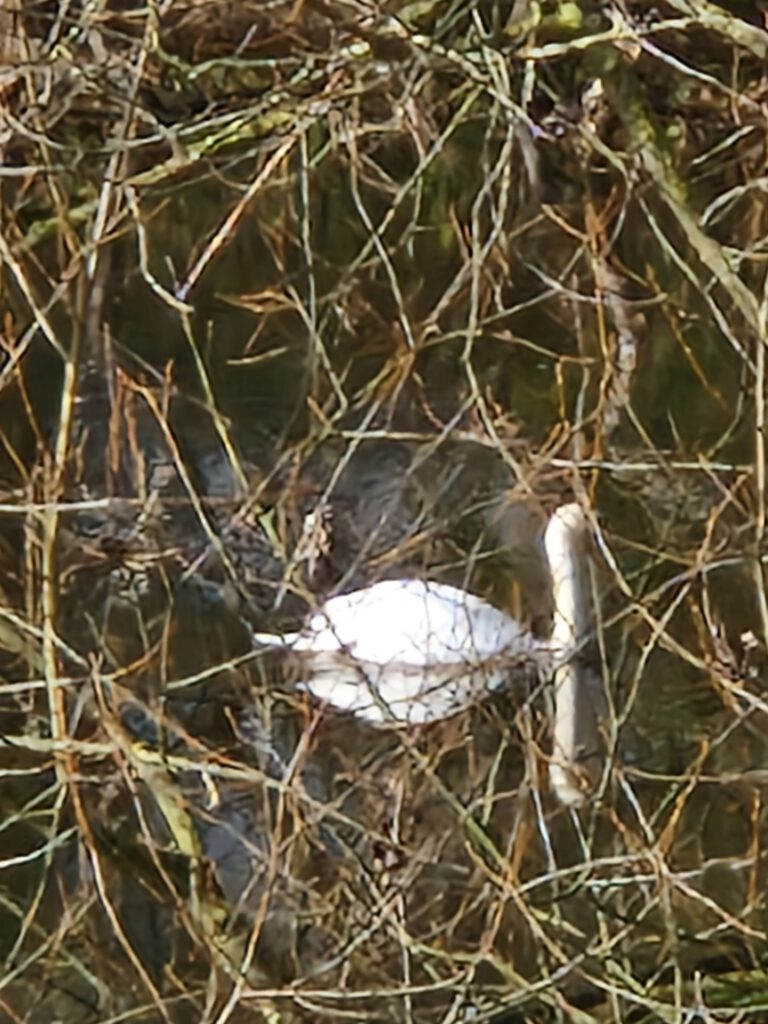Everyone can master a grief but he that has it.
William Shakespeare, – Much Ado About Nothing
Watching my father looking down into the grave (of his wife of many decades), John Barrett remarked that we might as well stay in our Sunday clothes because we’d have to come back to bury him in a couple of days. I stayed at home to look after him. His grief was passionate and outspoken and, having lived for so long in the expectation that he would go first, he was finding it difficult to adjust.
„Maybe there is a providence in it,“ I suggested.
„Since praying comes so naturally to you maybe you were left behind to do just that, to pray for her.“
From that moment he had a purpose, and he took to it the way he’d take to saving a meadow of hay, he put everything that was in him into it.
John Moriarty, – Nostos
It was through the dark waters of grief that I came to touch my unlived life. . . . There is some strange intimacy between grief and aliveness, some sacred exchange between what seems unbearable and what is most exquisitely alive. Through this, I have come to have a lasting faith in grief.
Francis Weller – The Wild Edge of Sorrow
As difficult as it is to endure, depression has elements that can be helpful in grief. It slows us down and allows us to take real stock of the loss. It makes us rebuild ourselves from the ground up. It clears the deck for growth. It takes us to a deeper place in our soul that we would not normally explore.
Elisabeth Kübler-Ross, – On Grief and Grieving
„God knows,“ as we say in Ireland, my life has presented numerous circumstances which need to be grieved. Some of these were obvious, like the tragic early death of both of my parents, within five years of each other, when the youngest of their ten children were still in primary school. Other, more subtle causes of grief have only begun to bubble to the surface of my psyche in recent years.
Even those obvious losses were impervious to my efforts to grieve. My heart felt numb. Nothing stirred, but for an inkling of rage deep down inside. Like many in such a predicament, I chose the solution of self-medication using the drugs, – legal and illegal – which were freely available to us as teenagers in the 1970’s, and the process addictions of the False Self such as workaholism, co-dependency, and ego inflation which are so lauded in the culture of today’s global, post-modern, consumer society.
I became convinced that I couldn’t grieve because I didn’t know how to „do“ it. Only much later, after years of living in addiction recovery, did I come to the realisation that grieving is not something we „do“, but rather something we „be“.
What do I mean by this? When the journey of recovery began in 2003, my hope was that it would lead me to feeling better. What happened, in fact, was quite different. Instead of feeling better, I began to get better at feeling! This is not something which is always pleasurable. In fact, my first adult encounters with certain feelings were excruciating, almost unbearable.
My childhood reaction to the chaos, dysfunction, and neglect of my family of origin was to deaden my feelings. Unfortunately, this is an „all or nothing“ proposition. We cannot do it selectively, keeping the pleasurable feelings and suppressing the distressing ones. The result is a life only partially lived, and that done so mostly in the head. Taken to the extreme, is the birthplace of the zombie existence.
But not all feelings were entirely switched off by the end of my active addiction. Though, to all intents and purposes, I was functioning well – by the standards of our achievement-obsessed culture,- resentment, rage, and anger seethed under the surface. There were also large deposits of guilt and shame.
On the surface, in my own eyes, I was the only „good guy “ left. Everyone else had in some way been responsible for my misery: my family, my partner, my boss, even religion, capitalism, the weather, and the body politic.
Then this „good guy “ quit drinking and using, walked into his first meeting of AA, and began a journey of discovery which continues to this day. „The good news is you get your feelings back,“ they said, „and the bad news is you get your feelings back.“
My first conscious encounter with the dark cloud of distressing feelings remains etched in my memory. I was a few months into recovery, in the depths of the European winter. In the changing room at the sauna, I felt a familiar wave rising up within me. In that moment, I miraculously recognised that that was exactly the trigger point in the past that would have had me light up a bong or open a bottle. I decided to sit down and allow the wave break over me.
It did. It was tumultuous, torturous, and terrifying. I do not know how long it lasted, but at some point I looked up and realised it has passed through me and was now ebbing away. That was a pivotal experience in my life which opened the door to all feelings, even the feelings of grief.
To let ourselves fully grieve our losses, this is integral to our surrender to the process of life and recovery. Some experts like Patrick Carnes („Out of the Shadows“) called the Twelve Steps „a programme for dealing with our many losses, a programme for dealing with our grief.“
How do we grieve? We don’t, not intentionally at least. We sit awkwardly and imperfectly with the feelings as they eventually bubble up to the surface of our psyche or engulf us like an avalanche thundering down a mountain, usually first with a great deal of resistance, often with anger and countless attempts to negotiate them away.
Ultimately, we grieve by surrendering to the pain. „The grief process,“ says Elizabeth Kübler-Ross, „is a five-stage process made up of denial, anger, bargaining, sadness, and finally acceptance.“
This is how we first react and later respond to the many changes, unforeseen circumstances, and the perceived woes that life has thrown on our path. Although this five-step process looks neat and tidy on paper it is very different in reality. We do not progress through it chronologically in a steady, orderly, compartmentalised manner.
Instead, we usually muddle through, kicking and screaming, with much back and forth, vacillating between rage and torpor, until we gradually approach that peaceful state called acceptance.
Some people revert to the addictive dynamic. The lucky ones pick themselves up and use the relapse as fuel for the next hours, days, and weeks of recovery. Others are not so lucky. Attending funerals, comforting the families of friends who have departed all too soon, has become an integral part of my life in recovery.
It has become clear to me that the past is in some way always present. This allows me to recognise that life is like an echo chamber, with the irritations of today’s experience being echoes of older wounds which have not yet been identified, embraced, and healed. The unfinished business of yesterday determines how I react or respond to what transpires today.
When we talk about unfinished business from our past, we are usually referring to losses which we have not yet remembered or completed grieving. Without sufficient mental fitness and emotional sobriety, we tend to get stuck somewhere in the grief process.
Usually for Adult Children and Co-dependents, the place where we become stuck is denial. It is only now, over two decades into recovery and six decades after my first formative years in this incarnation, that my childhood experience is gradually becoming clear to me.
Perhaps the greatest of the subtle losses I have now embraced is the loss of childhood itself. In my case there was no time for a childhood. As the fifth of ten children, parentification began very early. I carried responsibilities, even as a four-year-old, that left no space for the levity, playfulness, and innocence of a truly carefree childhood.
There was a payback, of course. It was the precious attention I received for functioning well in an overloaded family system. That this attention consisted of crumbs from a table that could have been a banquet has only become clear to me in recent years.
I sacrificed my True Self in order not to starve, emotionally and spiritually. This ensured my survival. I need to bring compassion and gentleness to this realisation. Recovery is the shift from False Self back to True Self. We „recover“ our True Self. It is a shift, therefore, from the forces of fear to those of love. It is, indeed, a miracle.
With a foundation of Emotional Sobriety, we can move from the echo chamber of „when the past is present“ to a new way of living. This is „from now to next“, in the words of Dr Allen Berger („Emotional Sobriety“). Now to next is a continual process of healing and growth, whereby we become increasingly grounded in our True Self.
Passing through denial is the first and most dangerous stage of grieving but it is also the first step towards acceptance. We can learn to grasp the grief process and how it applies to recovery. Even ostensibly „good“ changes in recovery can bring loss and consequently grief. We can learn to help ourselves and others by becoming aware of, embracing, and engaging in this process.
We can learn to fully grieve our losses, feel our pain, accept life as it unfolds, and forgive. By doing so, we experience the joy of being fully alive and can share that joy with the world.






